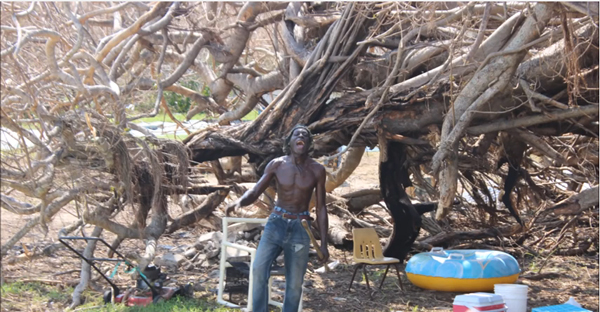
The development of any country be it in the first world or the Third World, depends largely on youths, who are the nation’s future leaders. Any investment in youths is actually an investment in the future of the country. It is true that youths who are properly cultured will most likely become responsible citizens, good parents, effective decision-makers and efficient workers. Those who are not, will probably become a menace to society. Many are likely to indulge in criminal acts.
In The Bahamas, there could be a positive impact on the society if it instills values on its youths and create opportunities for them to build character, acquire knowledge and skills, and develop their abilities.
In order to reduce crime, especially murders and armed robberies, the government must invest in young people, impoverished and vulnerable communities to ensure sustainable socio-economic and human development and stability. Through partnerships with the private sector, the government must continue to support activities aimed at giving youths a voice and a stake in society, regardless of their circumstances.
A distinct incentive that could help motivate youths is hope. It could help them face challenges boldly, courageously and fearlessly and focus on building a strong, prosperous and united nation. Many are beginning to question the relevance and sincerity of our institutions because they have failed to rein in those who transgress the law or engage in illicit and illegal activities for personal gains.
Youths face an uncertain future in a society that is characterized by greed, the unequal distribution of wealth, unsustainable approaches to development and the destruction of the environment. In the hands of the present leadership lies a moral responsibility to ensure that our youths have a bright future which they can look forward to without fear or trepidation.
In this context, our present leaders cannot be anything but professional in their approach to their tasks, which must not be restricted only to services but also to inspire youths.
Our leaders must exhibit model behaviour so that youths can look-up to them. They must also understand that when they made that all important decision to become leaders, they entered into a moral and social contract with society to help define future generations.
Notwithstanding the negative criticisms and attacks on the government from people and segments of the society, (some of the criticisms, we must admit, are wholly justified), the society at large must hold leaders to very high expectations and standards. As leaders, their duty is to perform a public good and their actions must at all times be in keeping with that dictum. In other words, they must set a proper example for youths.
Leaders are the most powerful and influential role models to our youths in society, therefore, they have a sacred duty to conduct themselves properly. They must safeguard and advance the interests of the young.
Their influence and impact go well beyond their official functions and serve as a platform upon which good and decent citizens are created. Their levels of commitment and dedication to the job and to the country must never be in question by society as a whole and worst yet by our youths.
Their perception as good and decent human beings is of paramount importance to all. We cannot afford to allow our youths to fall by the wayside.







